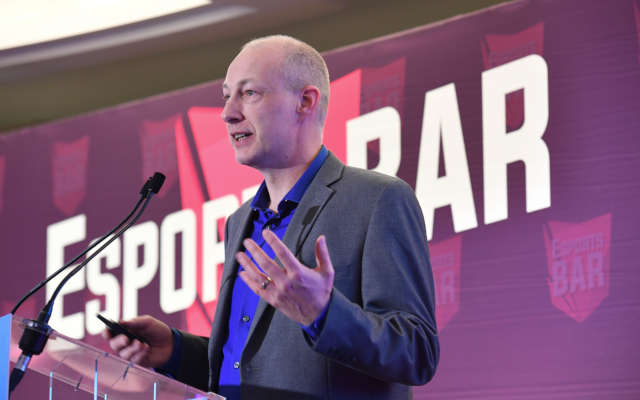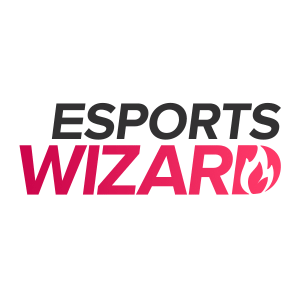The Esports Bar Cannes reunited a number of key esports personalities and industry experts discussing the future of the segment and what it meant for both endemic and non-endemic investors.
The values of gaming were also discussed with the limelight on Newzoo founder Peter Warman who offered a fresh perspective about video gaming in China.
- Esports summer camps are gaining popularity
- China is likely to be the country where this concept will develop rapidly
- Esports are considered healthier than video gaming
Esports in China Promote National Values
At the last week’s Esports Bar Cannes, Newzoo founder Peter Warman offered a fresh perspective on the relationship between esports communities in China and the country’s government.
China has been looking into ways to promote values it approves of through video gaming, and its attempts to censor certain title and tell developers what to avoid introducing in their products, has been at least a clumsy attempt towards that end. This, though, is changing.
Mr. Warman spoke about esports summer camps, a concept that was reiterated by several speakers and one that seems to be precisely what the Chinese government is looking to introduce more broadly.

Mr. Warman related his experience of visiting the Chengdu “winter camp”, as he described it, noting that the venue was kitted with better screens than Cannes’ esports pow-wow. Mr. Warman didn’t start by immediately lauding the Chinese model, noting the recent developments in the country leading to a downturn in game revenue:
We all know about the crackdown on games; that they stopped adding new games, that they’re trying to limit the time that people spend on competitive gaming. This has taken a third of the game revenues of China’s big game companies last year. That’s really big.
Mr. Warman was referring both to the special Ethics Committee the Chinese government has introduced as well as the singling out of games developed by NetEase and Tencent. Additional policing measures were introduced with gamers obliged to share their identities online for the state to monitor.
China, in many ways, has quite a few challenges to sort out, all of which worth mentioning. Yet, Mr. Warman’s address wasn’t about ethical or moral issues per se.
It’s All About the Summer Esports Camps
According to Mr. Warman, the government is seeking to incentivize young Chinese into going out more. Espots, the government believes, is the key to it. Earlier this year, the government officially recognized esports as a profession, with two newly-created job descriptions – “operators” and “professionals”
In essence, Mr. Warman’s stance on the Chinese perception of esports was that they are healthier than plain old video gaming.
This argument is not without merit – from having fans travel across countries to attend events, to witnessing scenes of Overwatch enthusiasts mingling and sharing in the triumphs of their favorite teams, a more dynamic lifestyle around esports is indeed what the Chinese government wants to promote.
China has invested heavily to create esports-focused hubs and Guangzhou’s 1,000 internet cafés have been rebranded as “offline” esports bars with the sole purpose of appeasing a vigilant government which has been concerned about the amount of time youngsters spend online.
With that in mind, esports summer camps are likely to expand rapidly across China, and the main reason is the all-too-surprising – youngsters’ health.











